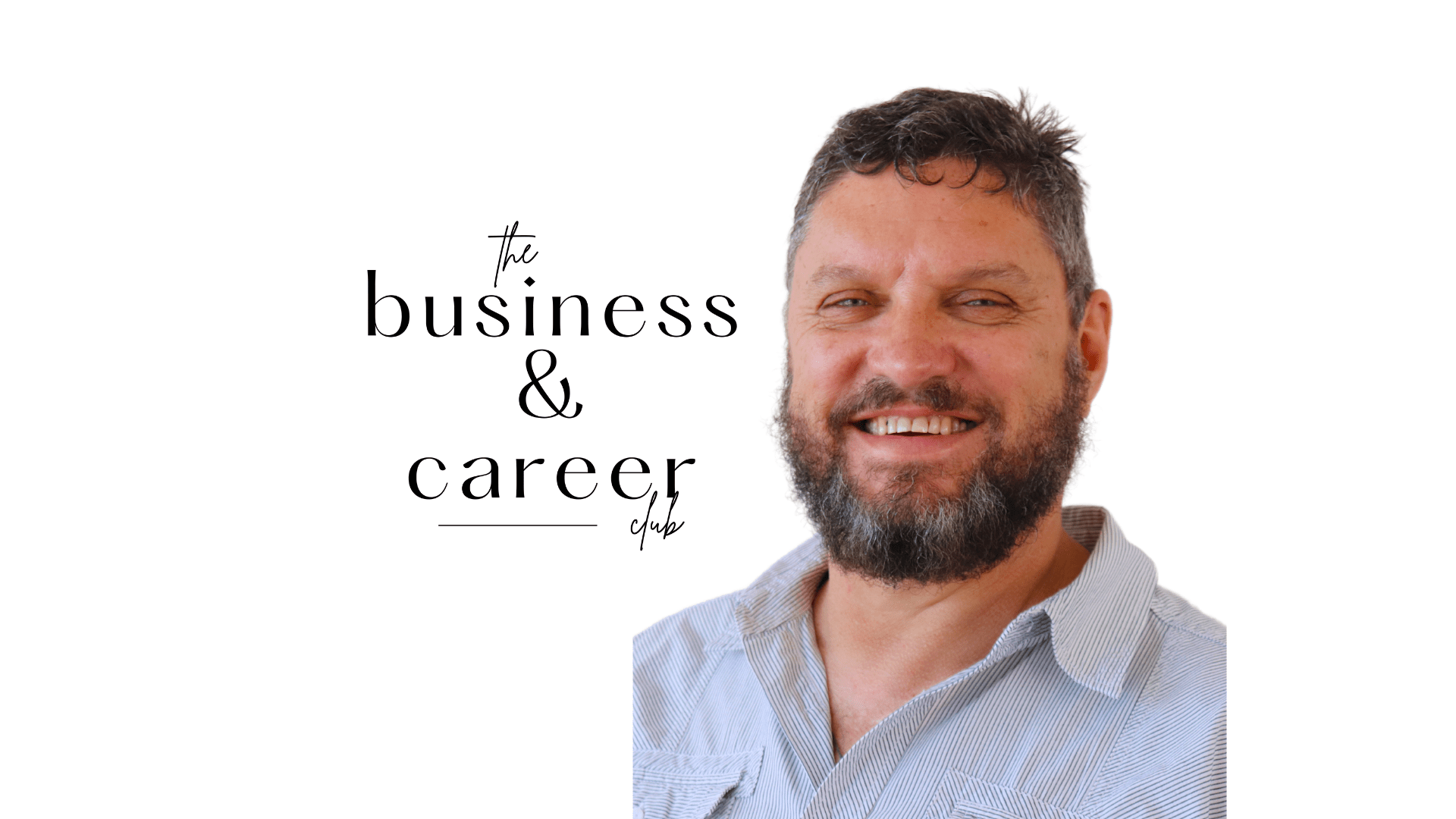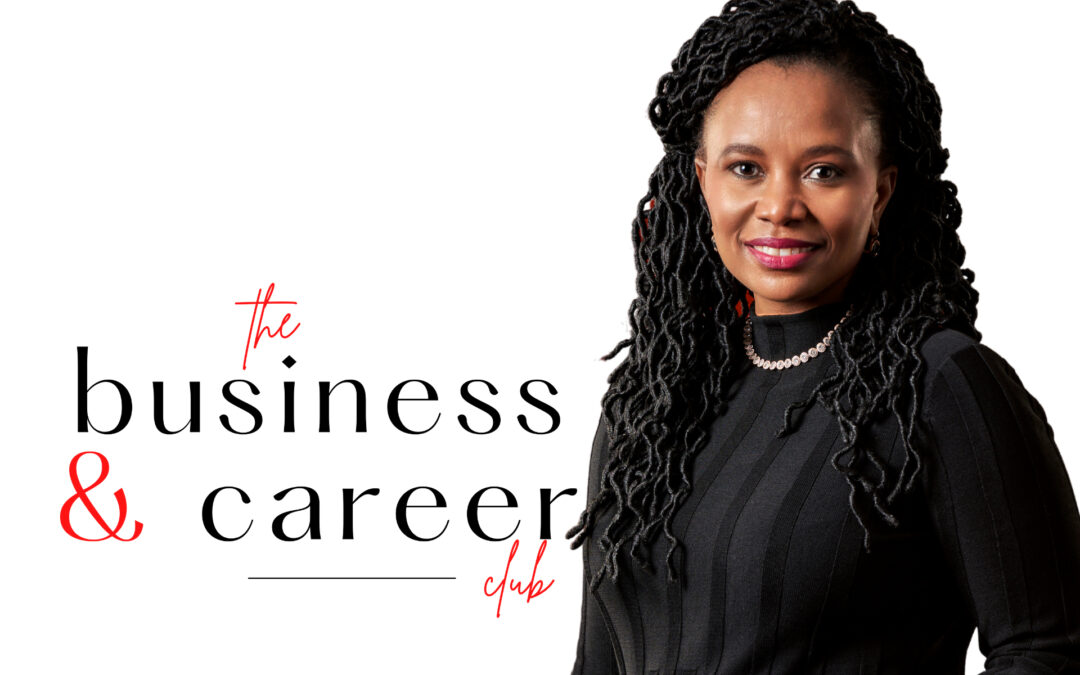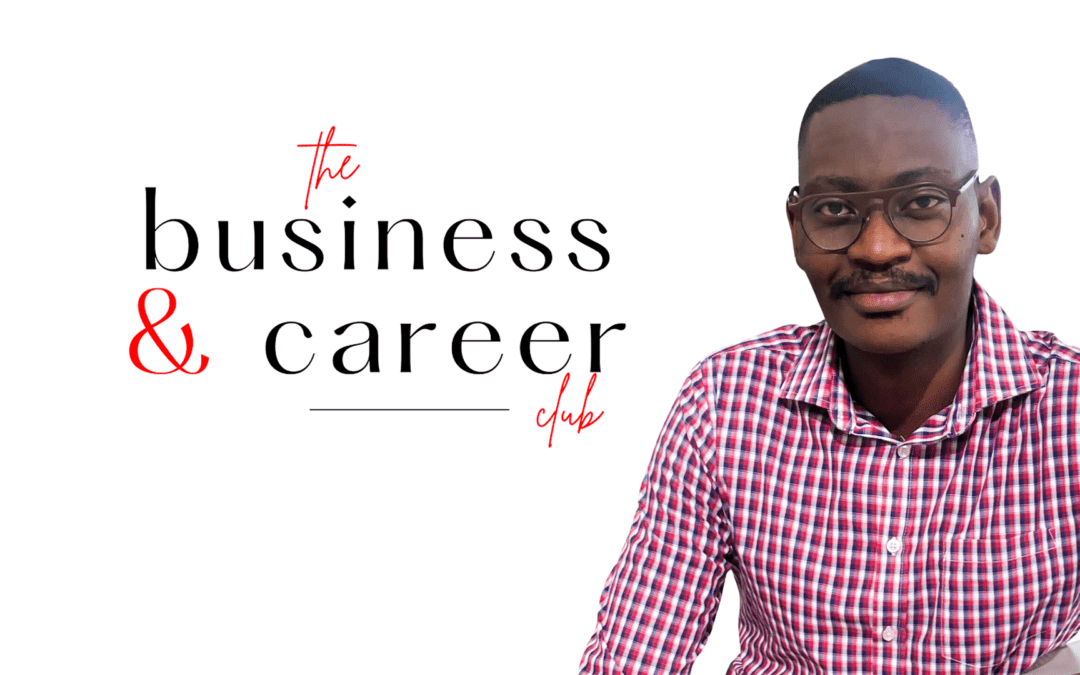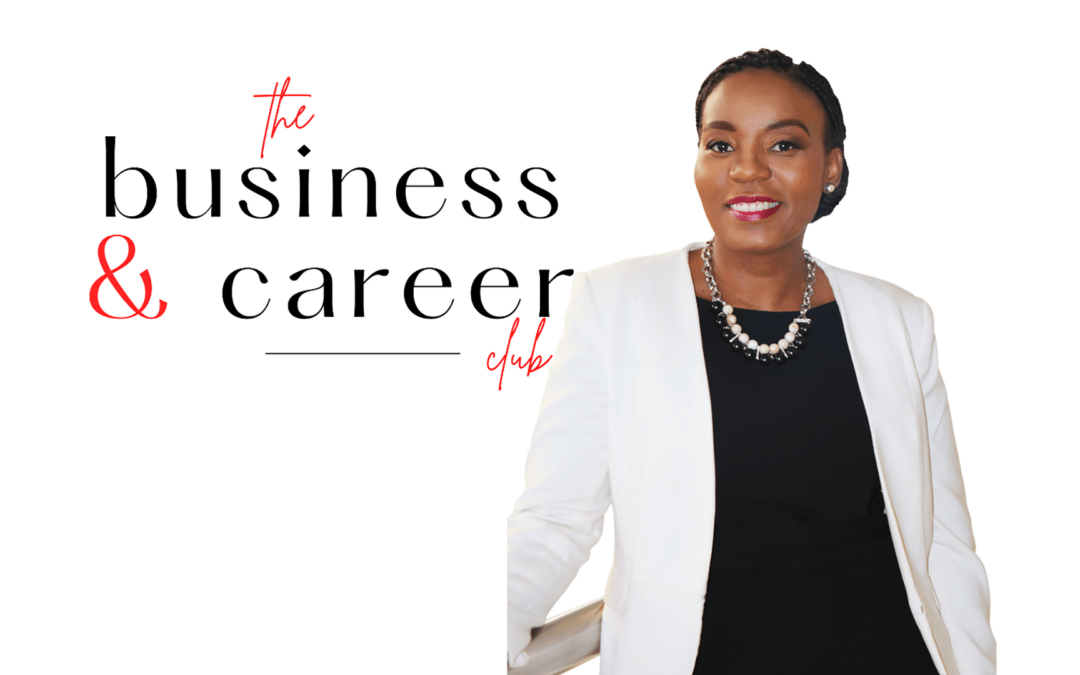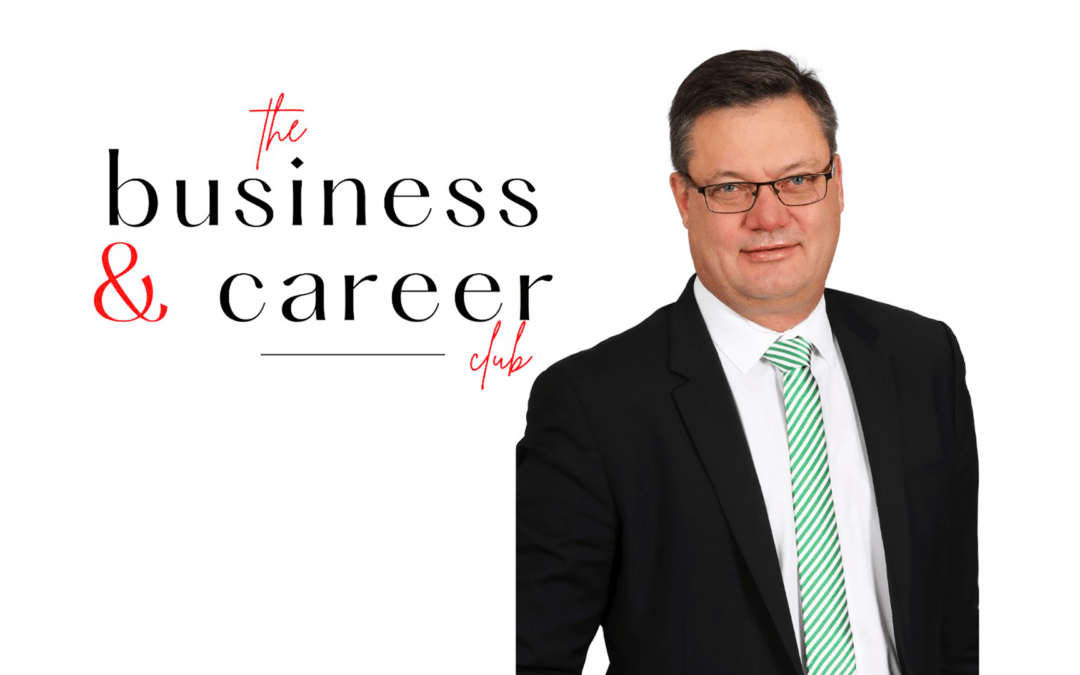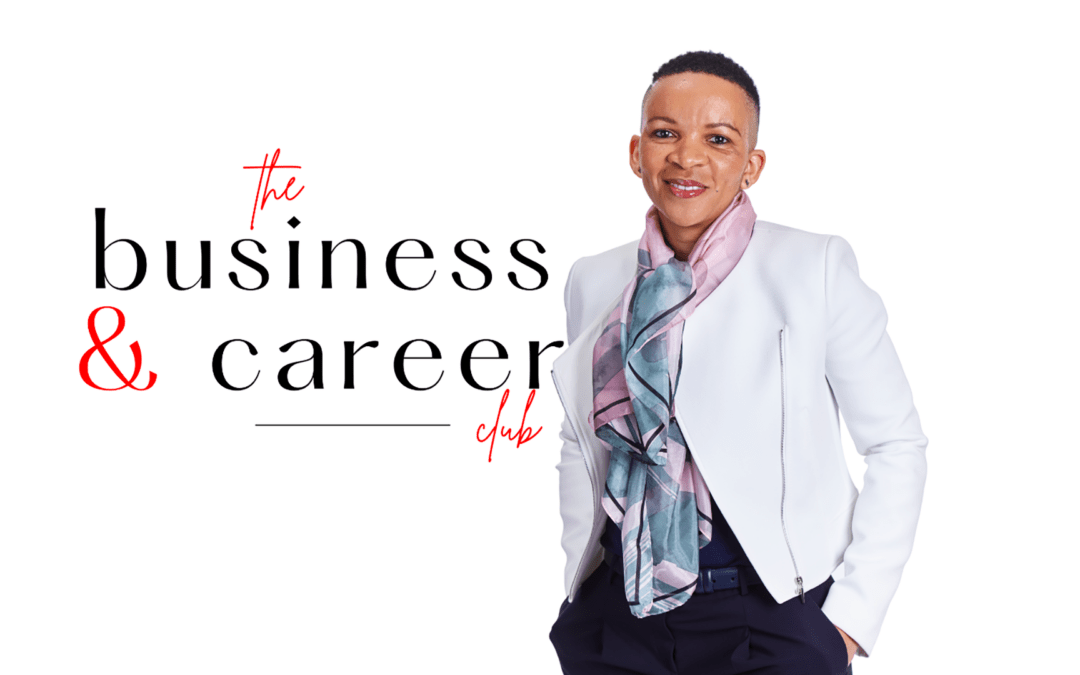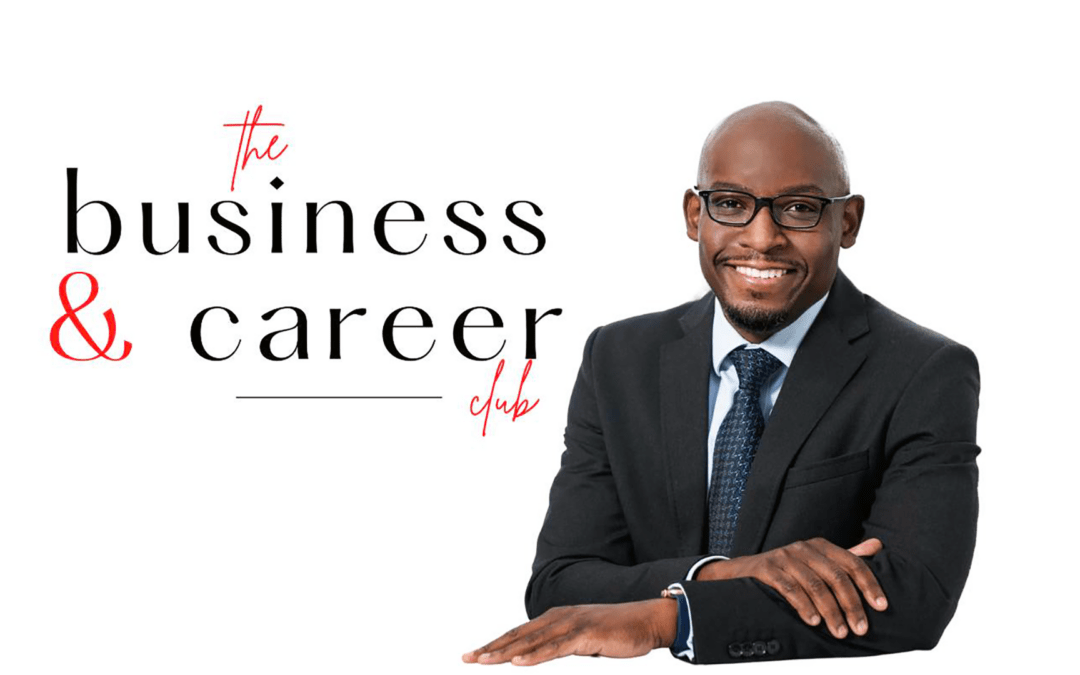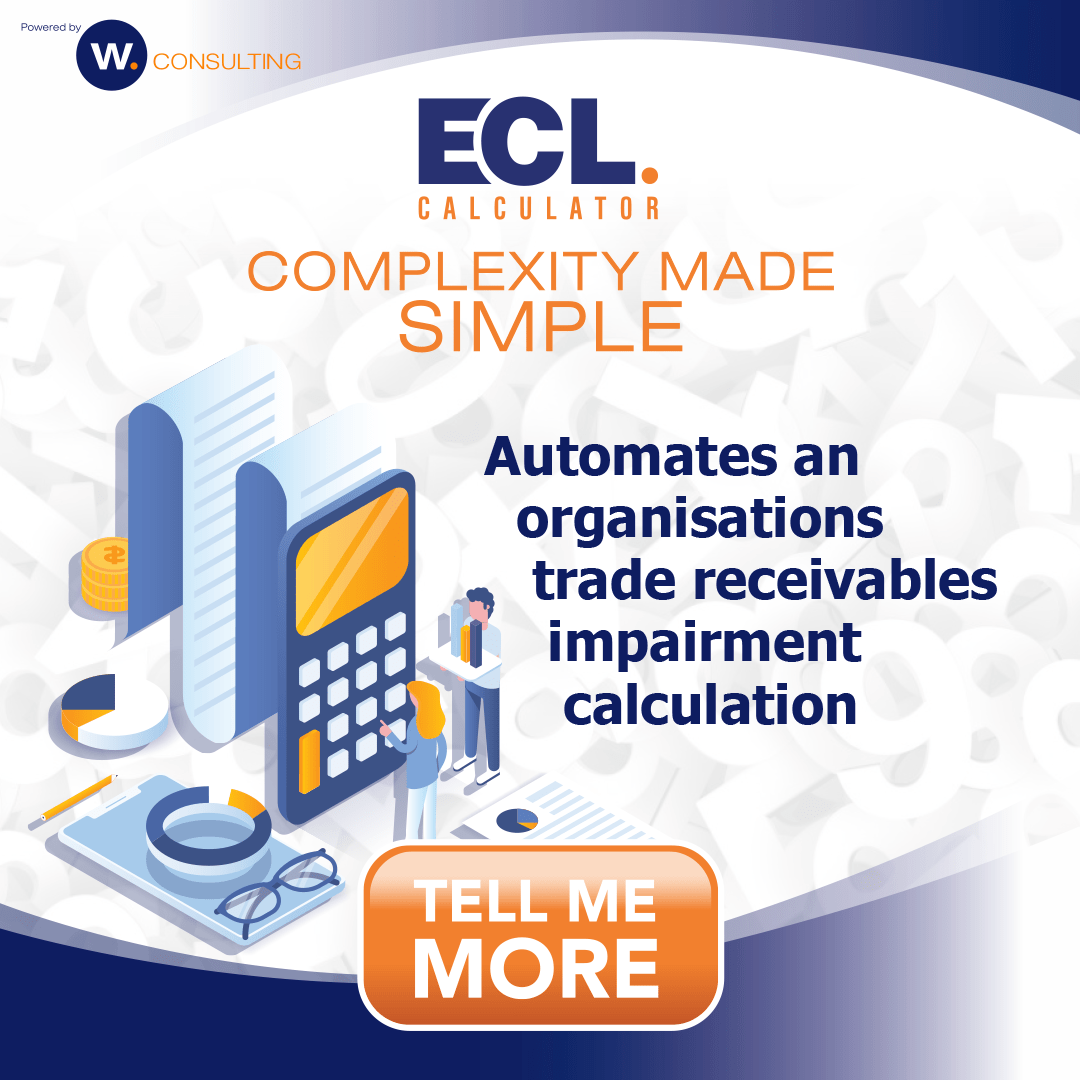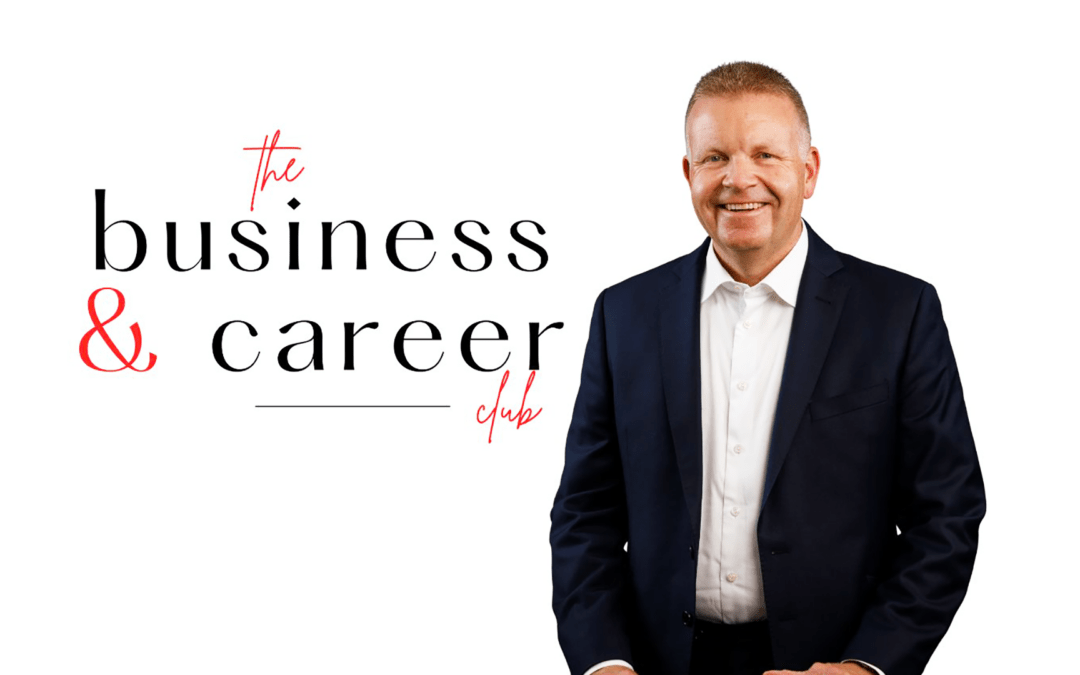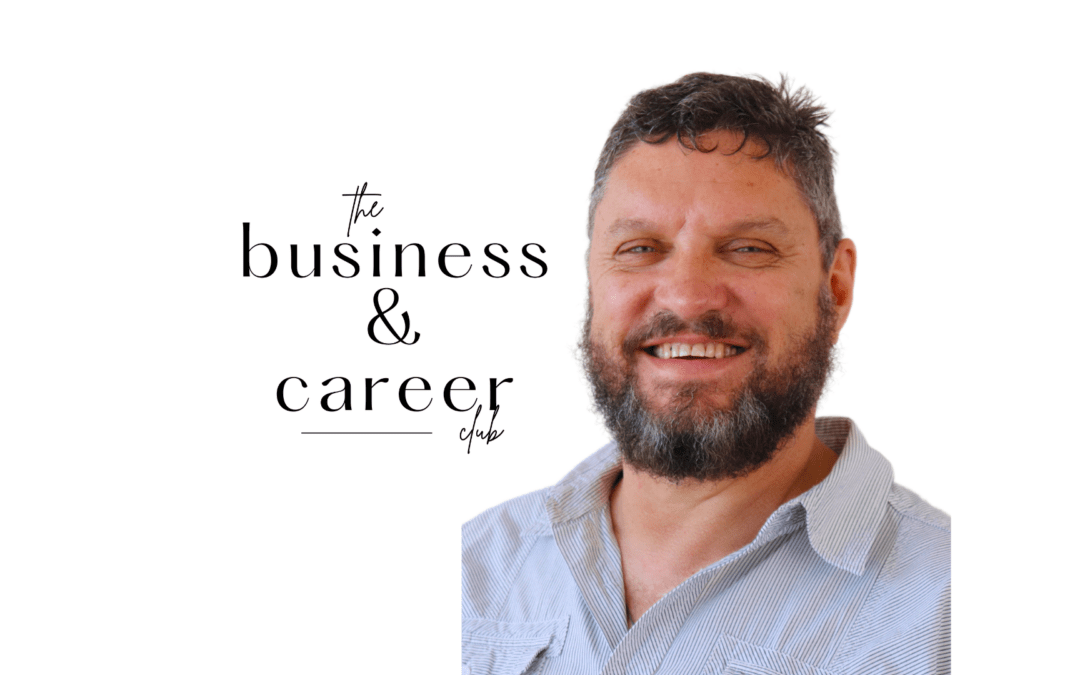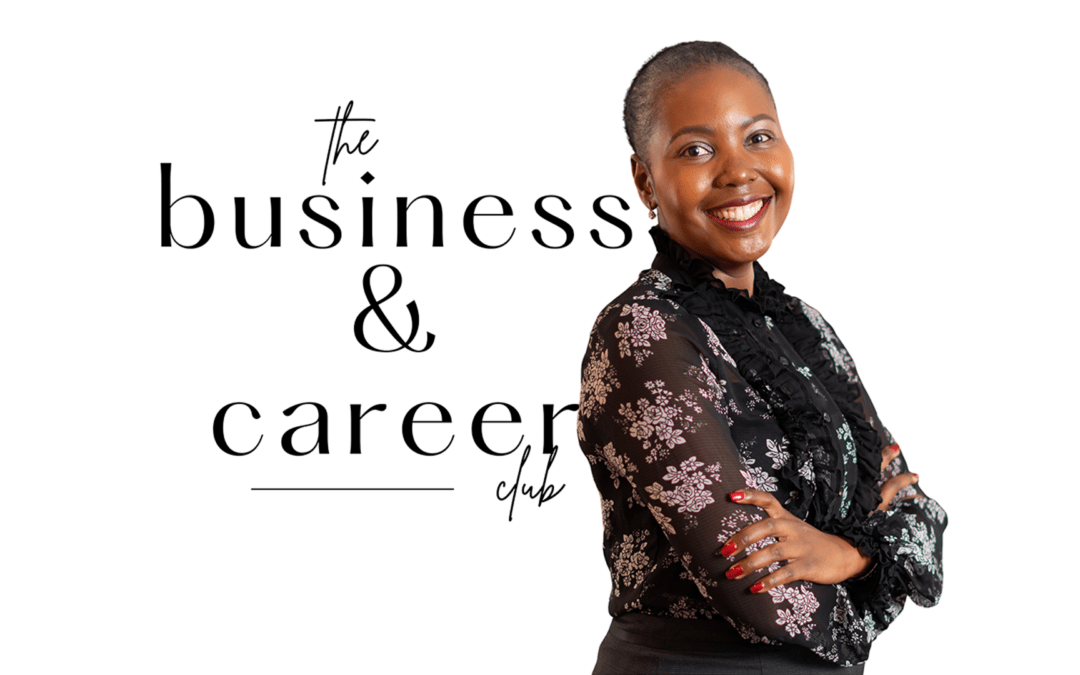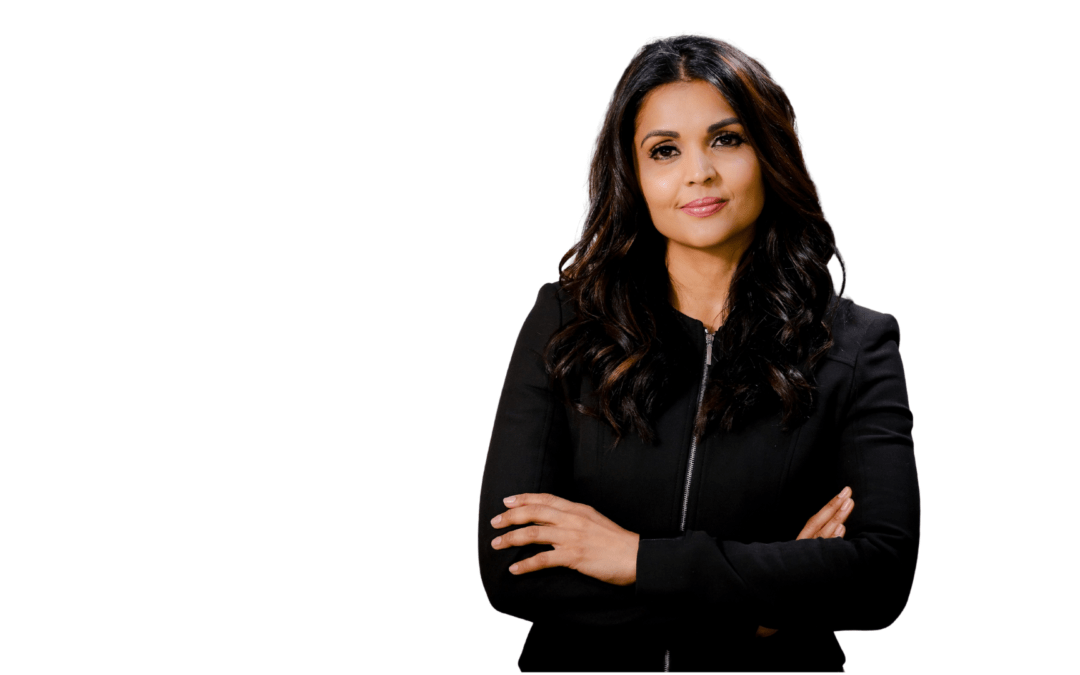“I am more of an entrepreneur than an accountant,” affirms André du Plessis.
Besides an interest in business studies, André had a juvenile fascination with trees and harboured ambitions of studying forestry. But when he encountered the idea of chartered accountancy in the ninth grade, his career path was sealed.
“I studied accounting, but I definitely have never been your typical accountant. Even during my articles, I was more interested in understanding the businesses we were auditing. I wanted to learn what these companies did well, like how they managed their finances and how they handled their clients. Whilst my colleagues would simply execute a debtors circularisation as a matter of routine to verify debtors balances, I would identify such matters as overpricing and poor client relations from that area of audit.”
André pursued his articles contract in the mid-80’s with Arthur Andersen, a then global big five audit firm. He was transferred to the London office to pursue financial consulting and investment banking.
André’s very first assignment was a negotiation for the purchase of a Belgian business. He was a junior, a mere “suitcase” carrier for his superiors, a subordinate to be seen and not heard. Reluctant to accept his place, he wiggled for a deeper involvement in the transaction by requesting to be at the negotiating table.
André returned to South Africa to take up a management role of a new Financial Consulting business within Arthur Andersen South Africa. The division focused on financial markets undertaking such activities as mergers and acquisitions, business systems re-engineering and tax structuring.
André’s grandfather was a banker. His father was also a banker. Surprise, surprise… André found himself following their footsteps in 1996 when he left Arthur Andersen to join Boland Bank. Incidentally, one of his sons is also a banker.
In August 1998, Boland Bank merged with NBS and BOE Bank and André was appointed as the CFO of the merged entity. The bank was based in Durban, and as a result, he had to commute 1,600 kilometres from his family home in Cape Town every week. He found it torturous.
After a year, André and some of his colleagues resigned and took a four-month sabbatical, during which they crafted ideas that gave birth to the Capitec dream. The founders included former colleagues at the merged bank including Michiel Le Roux, Riaan Stassen, Christian van Schalkwyk, Carl Fisher, Chris Oosthuizen and André Olivier.
“Others included Gerrie Fourie who was working in the liquor industry and Leon Venter in the telecoms industry. Jannie Mouton and Chris Otto from PSG provided 90% of the initial capital. We bought a shell known as The Business Bank and started off with a handsome tax loss.”
Capitec Bank listed on the Johannesburg Stock Exchange in February 2002. From its early years, it set out to be a low-cost mass-market retail bank with the objective of establishing paperless banking where no customer would need to fill out a form. From a few hundred employees, the bank has grown to a workforce of over 14,000 with 15 million active clients.
This article is an extract from the Masters of Money book by KC Rottok Chesaina (JONATHAN BALL PUBLISHERS)

